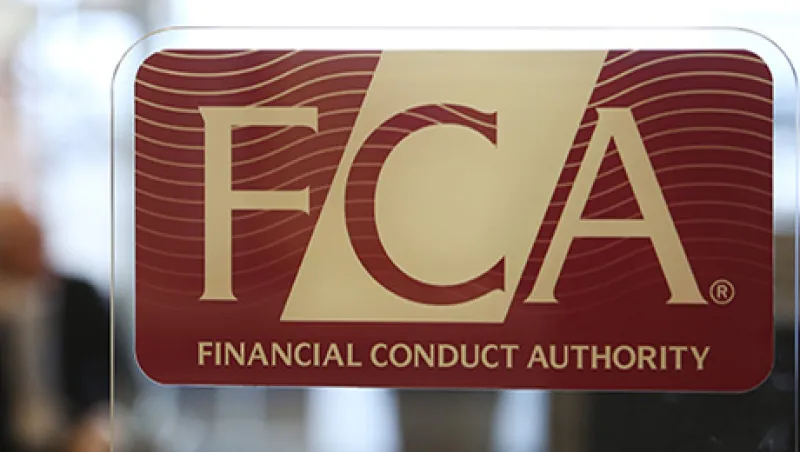Last month’s review by the U.K.’s Financial Conduct Authority into dealing commissions represents the latest attempt by a regulatory body to bring greater transparency into how an investor’s capital is spent.
The FCA’s predecessor, the Financial Services Authority, reviewed the use of dealing commissions in 2012 and, in a “Dear CEO” letter, asked asset managers to attest that they manage conflicts of interest effectively. FCA chief executive Martin Wheatley later reiterated concerns in his speech at the FCA Asset Management Conference in September 2013.
The latest review highlights that although there have been some improvements, measures have not “sufficiently improved the accountability and transparency over the use of dealing commissions.” It also found that research services paid for with commissions are “still not valued with sufficient rigor.” Whereas the initial focus may be on asset managers with U.K. interests, the knock-on impact will be global. As more firms raise the bar, others will need to follow to remain competitive.
Despite covering some old ground, the review comes at a welcome time for many in the industry. For too long now, it has been unclear exactly how research costs are valued and distributed. But as the FCA states, even though some asset managers are getting their houses in order, others still have work to do.
When reading this review, however, one can’t help thinking there is another motive for the FCA’s recommendations. It appears as if the regulator may be attempting to bring both the European Securities and Markets Authority (ESMA) and other European Union agencies around to its way of thinking. Reading between the lines, the FCA seems to be proposing a race to the top, advocating the highest levels of transparency with the hopes of attracting assets to the U.K. Many active managers dislike these policy changes and fear they will make U.K.-based managers less competitive. But the FCA hopes that asset owners and plan sponsors will favor the highest protection of capital and thus go for managers that adhere to the most stringent standards. Crucially, the FCA wants this argument to play out at a pan-European level to minimize the competitive risk to U.K. asset managers.
Looking to attract more assets and talent to the U.K. is all fine. But it doesn’t get to the heart of the big question: Where do unbundling fees actually go? The industry is still waiting with bated breath for the ESMA’s work to be concluded and for concrete facts on how far the organization is prepared to go with the issue. Questions still remain about the likelihood of a European-wide mandate for unbundling or whether the U.K. will implement its own rules. Regardless of the final outcome, no asset manager can afford to wait for answers. The issue needs to be addressed today.
Previously, asset managers typically paid their research brokers via a percentage of the execution commission. This approach made it harder for them to control the amount paid for research. Commission-sharing agreements can help, by forcing a process of invoicing for research services. Put simply, CSAs enable investment firms to trade with whomever offers the best execution services, while paying other intermediaries through a separate research fee. The benefits are clear: An asset manager can gain far greater control and transparency over research payments.
Instead of waiting for ESMA to respond, many investment firms are turning to CSAs as they reevaluate their approach to unbundling. Investment managers are starting to consolidate their broker list into a set of specialized CSA brokers. The problem with such an approach is that the process of managing multiple, different brokers can be complex. Therefore it is no surprise to see forward-thinking investment managers turning to CSA aggregation, which gives consolidated accounting of CSAs. This is the next logical move for asset managers, as they look for new ways to run operations more efficiently and transparently as their CSA business scales up.
With the ink barely dry on the FCA’s paper and the clock ticking down to the finalization of the ESMA’s proposals, asset managers who have yet to adjust to this new world of unbundling run the risk of getting their fingers burned. Firms need to be prepared for regulatory compliance. But the approach to compliance is not specified by the FCA. From operational and administrative streamlining to the ability to better manage cash, if asset managers adopt CSA aggregation, they will find themselves ahead of the pack in the unfolding game of unbundling.
Rob Boardman is the Europe, Middle East, Africa (EMEA) managing director and CEO of New York–headquartered brokerage firm ITG.
Get more on regulation.






